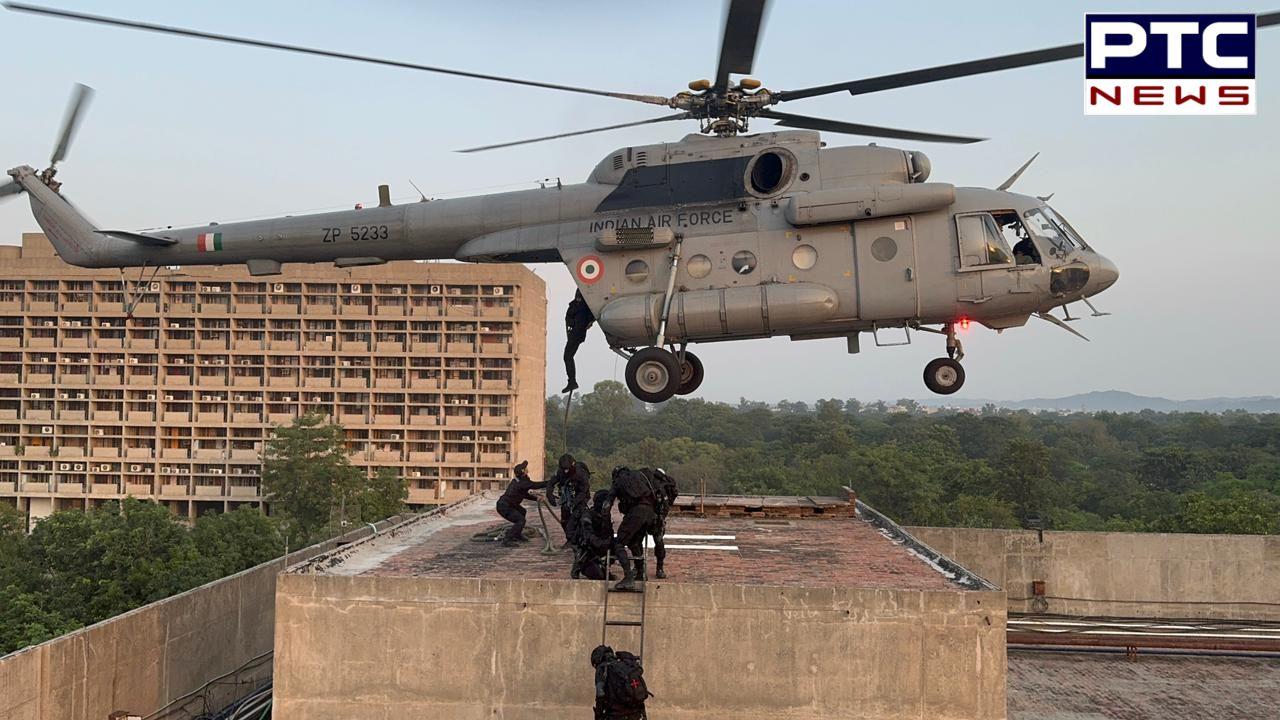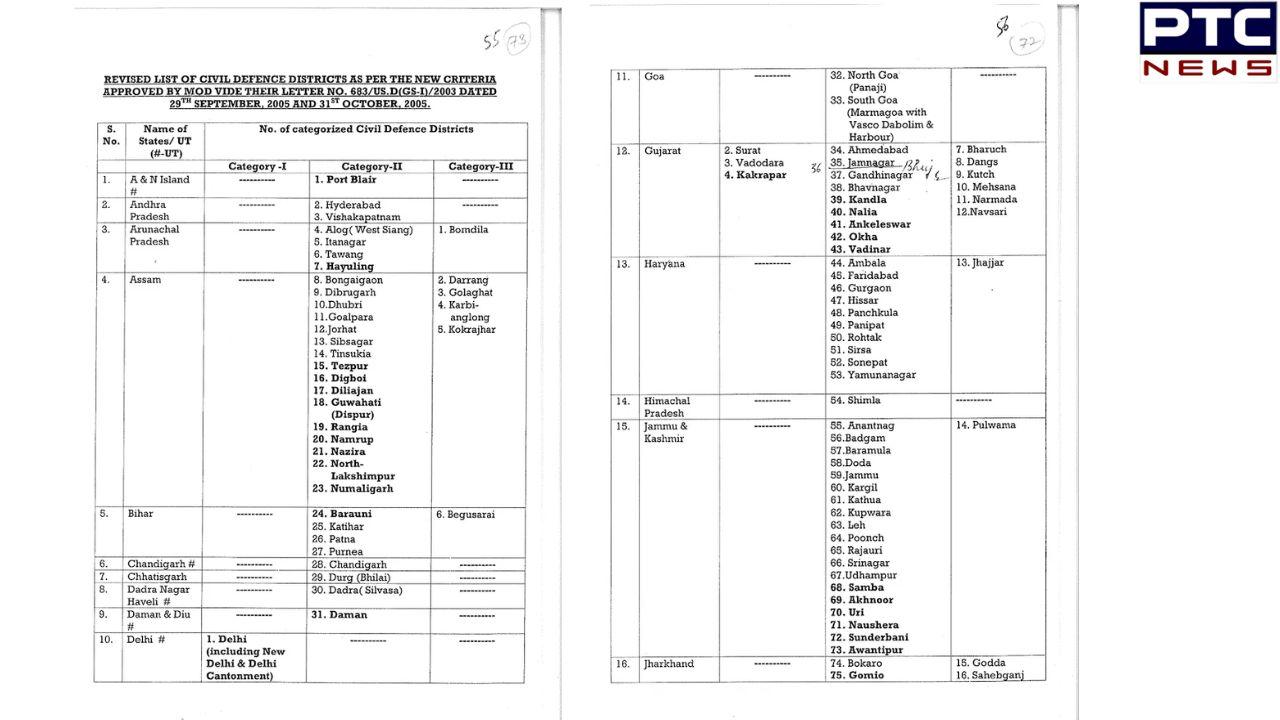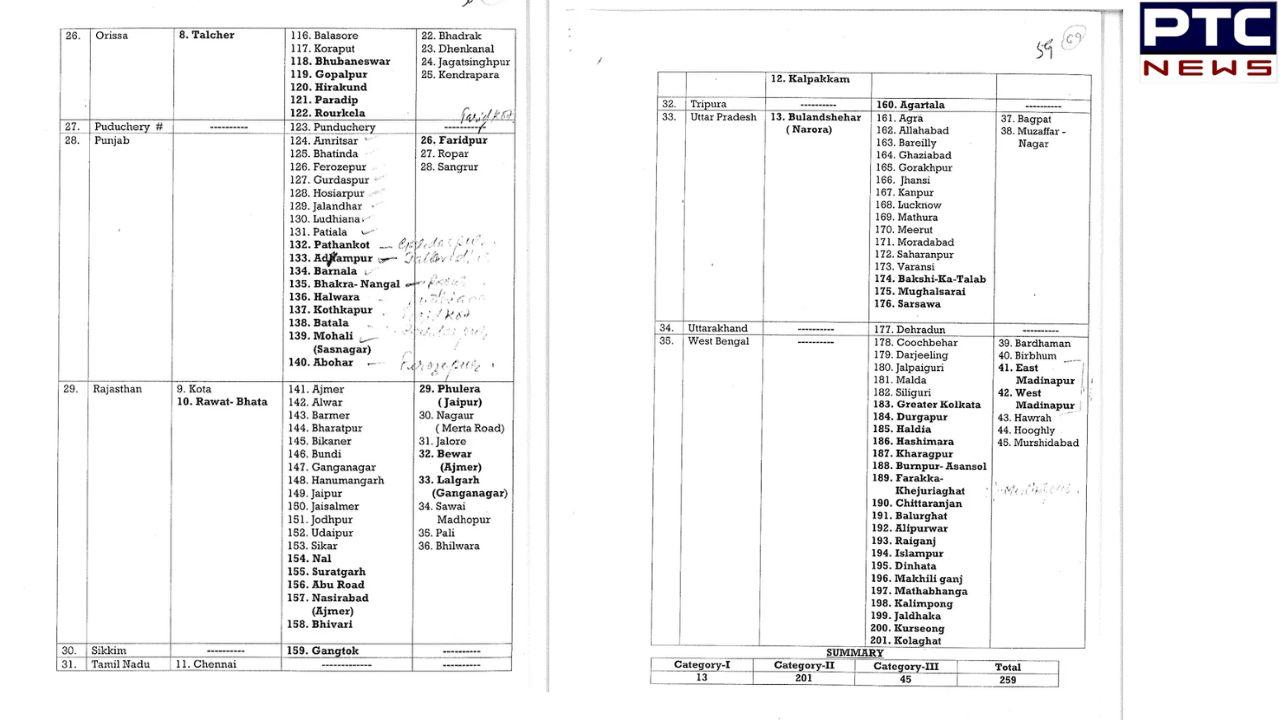

India to conduct first nationwide mock drill since 1971 War tomorrow | All you need to know
PTC Web Desk: States and Union Territories across India are gearing up for a large-scale civil defence security drill tomorrow, following directives issued by the Centre. Although the Ministry of Home Affairs’ (MHA) notification to state chief secretaries does not explicitly cite the escalating tensions with Pakistan, the timing—coming on the heels of the Pahalgam Terror Attack—has raised clear strategic implications.
This upcoming exercise marks the first nationwide civil defence drill of such magnitude since the lead-up to the 1971 Indo-Pak war, which culminated in Pakistan’s defeat and the creation of Bangladesh.
Key Participants in the Drill
According to the MHA’s official notification, the drill will take place in all 244 Civil Defence districts across the country, extending down to village levels. The exercise aims to test and strengthen the preparedness of civil defence systems nationwide.
Participants will include district controllers, local administration authorities, civil defence wardens and volunteers, Home Guard members (both active and reservists), as well as personnel and students affiliated with the National Cadet Corps (NCC), National Service Scheme (NSS), Nehru Yuva Kendra Sangathan (NYKS), and school and college institutions. The drill is designed to prepare civilians to respond effectively in the event of a "hostile attack".
Objectives of the Civil Defence Exercise
The Home Ministry has outlined nine core objectives for the drill:
Test air raid warning systems to evaluate their reliability in alerting citizens to aerial threats.
Operationalise hotline and radio communications with the Indian Air Force for coordinated responses.
Verify the functionality of control and shadow control rooms, ensuring continuity of command during emergencies.
Train civilians in civil defence measures to safeguard themselves during hostile attacks.
Implement crash blackout rehearsals, where residents will switch off lights to simulate protection against aerial assaults.
Practice camouflaging vital installations, including airfields, refineries, and railway yards, to reduce vulnerability to enemy fire.
Assess readiness of rescue and firefighting teams to respond swiftly in emergencies.
Conduct evacuation drills to move civilians from high-risk areas to safer zones.
Provide training in first aid, firefighting, and sheltering techniques for civilians to enhance resilience during attacks.
LIST OF LOCATIONS THAT WILL PARTICPATE IN MOCK DRILL


Context: Rising Hostilities After Pahalgam Attack
The backdrop of this nationwide drill is the tragic Pahalgam terror attack on April 22, which claimed the lives of 25 tourists and a local pony ride operator in Jammu and Kashmir. The attack has triggered nationwide outrage, with the Indian government promising a strong retaliatory response. Prime Minister Narendra Modi has vowed that the perpetrators and conspirators "will face unimaginable punishment".
Preliminary investigations have pointed towards Pakistani involvement, echoing patterns seen in several past attacks. In response, India has already taken significant diplomatic actions, including suspending the Indus Waters Treaty.
High-level security meetings have been convened over recent days, involving Prime Minister Modi, Home Minister Amit Shah, Defence Minister Rajnath Singh, and senior military and defence officials. The Prime Minister has also met the chiefs of the Army, Navy, and Air Force, along with the Defence Secretary, fueling speculation that a substantial military move against Pakistan could be forthcoming.
- With inputs from agencies
